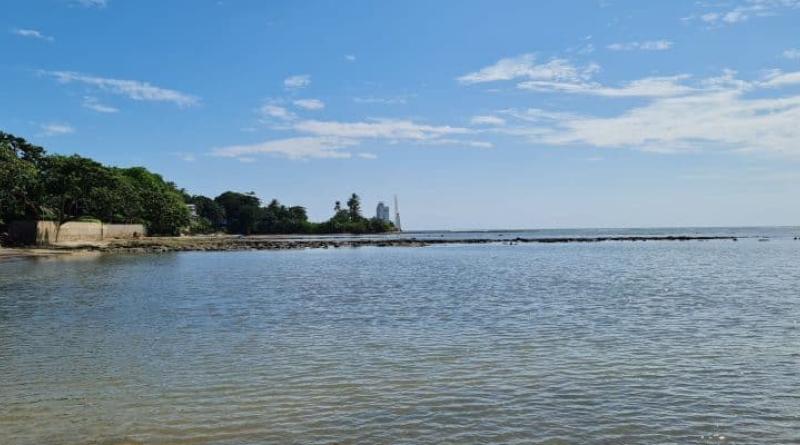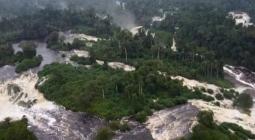GABON: when marine biodiversity reduces external debt by $450 million

Gabon will see its debts reduced by 450 million dollars, thanks to the innovative debt-nature mechanism. Managed on behalf of Gabon by Bank of America (BofA), the debt-nature mechanism allows developing countries to reduce their external debt in return for financing their biodiversity. Gabon's counterpart is to protect part of its marine ecosystem. This is the second case in Africa after the Seychelles.
After the Seychelles, Gabon monetizes its biodiversity through the debt-nature mechanism . This operation, for which calls for tenders were launched on the London Stock Exchange on July 25, 2023, will enable Gabon to reduce its external debt by up to 450 million dollars (i.e. 267.1 billion CFA francs). In return, the country undertakes to protect its marine environment, with the support of the non-governmental organization (NGO) The Nature Conservancy, based in the United States of America.
Financially, the operation is led by Bank of America (BofA), the second largest US bank in terms of deposits.
A debt-for-nature swap is a technique for debt relief for developing countries. It involves extending payment terms, lowering interest rates, granting new loans at low rates and canceling debts. This technique, invented by the American biologist Thomas Lovejoy, considered the godfather of biodiversity, consists in exchanging part of the foreign debt against local investments in environmental protection measures.
The largest network of marine reserves in Africa
As part of Gabon's debt-nature operation, the choice to protect marine biodiversity is not trivial. The Central African country has built over the years the largest network of rich and diverse marine reserves in Africa. Extending over 53,000 km2 , or 26% of the country's territorial waters, this environment includes 20 marine parks and aquatic reserves. It is home to countless endangered marine species, including the largest breeding populations of leatherback and olive ridley turtles, as well as 20 species of dolphins and whales.
Gabon thus becomes the second African country, after the Seychelles, to benefit from the debt-for-nature swap. An exchange that should spread in Africa, “ firstly, because on the continent there are many countries that have a very large amount of bond debt, and that have problems refinancing these debts. Moreover, by 2025, there is going to be a debt refinancing wall in sub-Saharan Africa, and as you know, the last time an African sovereign issued bond debt was 18 months ago. There is therefore a problem of lack of resources, to help African sovereigns, to refinance the bond debts they issued between 2010 and 2020. And this is why the “debt against nature” swap can be interesting for African countries. », Explains Hamouda Chekir, member of the Government Advisory team at Lazard Bank.
Read also- The debt-for-nature swap, a model adapted for the Congo Basin »
The French bank has just assisted Ecuador in the context of a financial package beneficial to both nature and the country's economy. Concretely, Ecuador exchanged its current debt of 1.63 billion dollars for a debt of 656 million dollars, a transaction which corresponds to 3% of the total external debt of the South American country, or 48.129 billion dollars. in February 2023.






